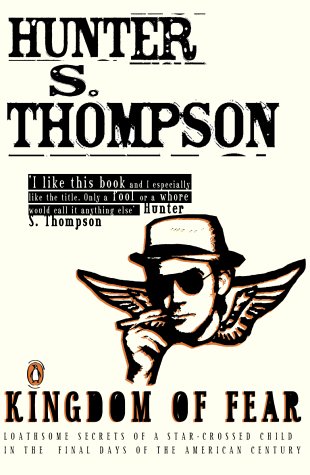In the last six months, I have traveled to nine different countries between Australia and Europe. I have fed a baby kangaroo, yelled “Probst!” in Munich, Germany, ate Bolognese sauce in Bologna, and ate Swiss chocolate while climbing the Alps. But no matter where I traveled to, I always had a book handy in case of an impromptu 14-hour train ride to Budapest. Here are the top five books I read while abroad that kept me from throwing myself onto the Eurorail tracks.

1.) Under The Tuscan Sun by Frances May – I bought this while waiting in the Rome train station, about to depart to Sienna, Tuscany. Having never seen the movie, I had heard that I was in store for beautifully described landscapes and explanations about Italian culture that couldn’t be found in any tour guide. It turns out that there is nothing compared to actually seeing Tuscany with it’s rolling fields and tangerine sunsets, but this book is the next best thing.

2.) Daughter of the East: An Autobiography by Benazir Bhutto – After the shocking news of former Pakistani Prime Minister Benazir Bhutto’s assasination last December, I decided to do my research and discover for myself why the first female Prime Minister of Pakistan’s death was such a blow to freedom fighters around the world. This book profoundly inspired me not only as a woman but as a human being, and changed the way I look at politics and international relations.

3.) Something Borrowed by Emily Giffin – No, it’s not just a chick book. Well, ok, maybe it is, but it’s a smart and well-written chick book, a rare breed in this day and age. With every chapter comes a new twist and most who pick up this book cannot put it back down again until it’s finished. I was in Fiji, one of the most beautiful places in the world, and read this whole book in one day while basking in a hammock. It’s that good, as is it’s sister book, Something Blue.

4.) Memoirs of a Geisha by Arthur Golden – A true classic. I was browsing in the library at my school in Gold Coast, Australia when this book happened to fall out of place and onto my feet without reason, and I am very thankful it did. Arthur Golden has a unique way of writing, and his art of storytelling is unrivaled. Another book I couldn’t just couldn’t put down.

5.) Kingdom of Fear: Loathsome Secrets of a Star-Crossed Child in the Final Days of the American Century by Hunter S. Thompson – I am a well-known Thompson-junkie, but I can promise you that I have no bias about how great this book is. One of his last works before he committed suicide in 2005, Thompson shows in this book why he is known as the Father of Gonzo. Most of the book features incoherent ramblings about politics and detailed recollections about some of his wackiest adventures. The chapter about the time he threw an elk heart onto actor Jack Nicholson’s porch as a “joke” will have you in disbelief, not to mention in stitches.




